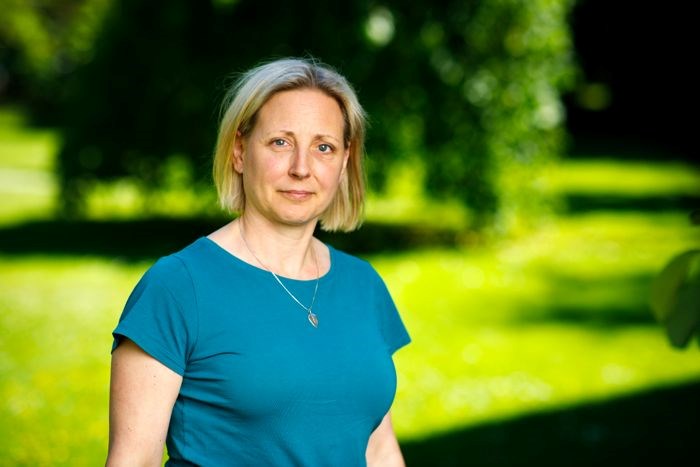Contact
Tomas Österman, acting Head of Faculty Administration, Research Officer
Faculty of Landscape Architecture, Horticulture and Crop Production Science, SLU
tomas.osterman@slu.se, +46 404 15 037, +46 727 18 70 78

Now that winter has quickly arrived in Skåne, it becomes apparent that 2022 is coming to an end and that we can begin to look forward to a new business year, 2023.
Autumn is usually the busiest time of the year, at least if you believe our financial officers. In September, the Swedish government submits the budget bill for the coming year. This bill clarifies the government’s political priorities and objectives through the allocation of government funding for various areas and for public authorities, including higher education institutions. The exact outcome, after debates and parliamentary decisions, will be presented in the funding target agreements that SLU, and other public authorities, usually receive in December. This agreement is the government’s tool for operative control of public authorities.
Because we have a new government, the bill was presented somewhat later than is usually the case, on 8 November. This year too, there is a lot of focus on the quality assurance of higher education institutions and how to best meet objectives. The Swedish Higher Education Authority (UKÄ) is the public authority in charge of reviewing the quality of higher education and research, as well as the quality assurance systems used by higher education institutions, and proposing new or updated indicators as needed. UKÄ’s mission previously focused on education, but as of 2017 the authority’s remit also includes research. As a result, SLU has been developing an in-house quality assurance system for research which is now being implemented. It is not unlike the systems already in place for the quality assurance of education at the undergraduate, Master’s and doctoral levels.
Another focus area in this year’s budget bill is increasing knowledge and guaranteeing skills provision to strengthen Sweden as a nation of knowledge. According to the government, higher education institutions play an important role in meeting the ever-growing need for skilled staff in the public sector and in business and industry, enabling transition and improving labour market matching. There is special emphasis on how to make it easier for those in the middle of their working life to return to studying.
In the 2020 research and innovation bill, it was said that a new model for allocating funding for research and doctoral education would be introduced. This model would include an assessment by external experts when allocating funding to different fields. The introduction of this model has now been postponed until 2025.
Finally, a 20 per cent reduction of funding for environmental monitoring is proposed in the bill. We do not yet know how this affects SLU and it will be investigated further.
It is the task of the SLU Board to distribute the direct government funding allocated to SLU between our three reporting areas and the four faculties and to decide how much to set aside for certain joint objectives. The board also decides on the faculties’ assignments, and this year this was done on the same day the budget bill was presented, 8 November.
Our faculty board will then decide on principles for how to distribute funding between the departments, and the LTV Faculty’s dean will decide on amounts; these two decisions will be communicated shortly. The two decisions will form the basis for the departments’ frameworks and operational budgets for 2023.
So feel free to have a nice cup of tea in the winter darkness and immerse yourself in the faculty board's and dean's decision on grant distribution in 2023, it's exciting reading!
Tomas Österman, acting Head of Faculty Administration, Research Officer
Faculty of Landscape Architecture, Horticulture and Crop Production Science, SLU
tomas.osterman@slu.se, +46 404 15 037, +46 727 18 70 78